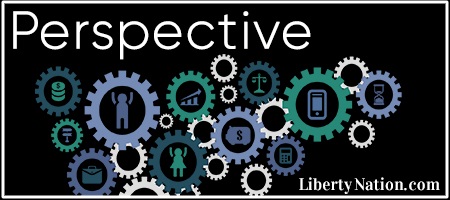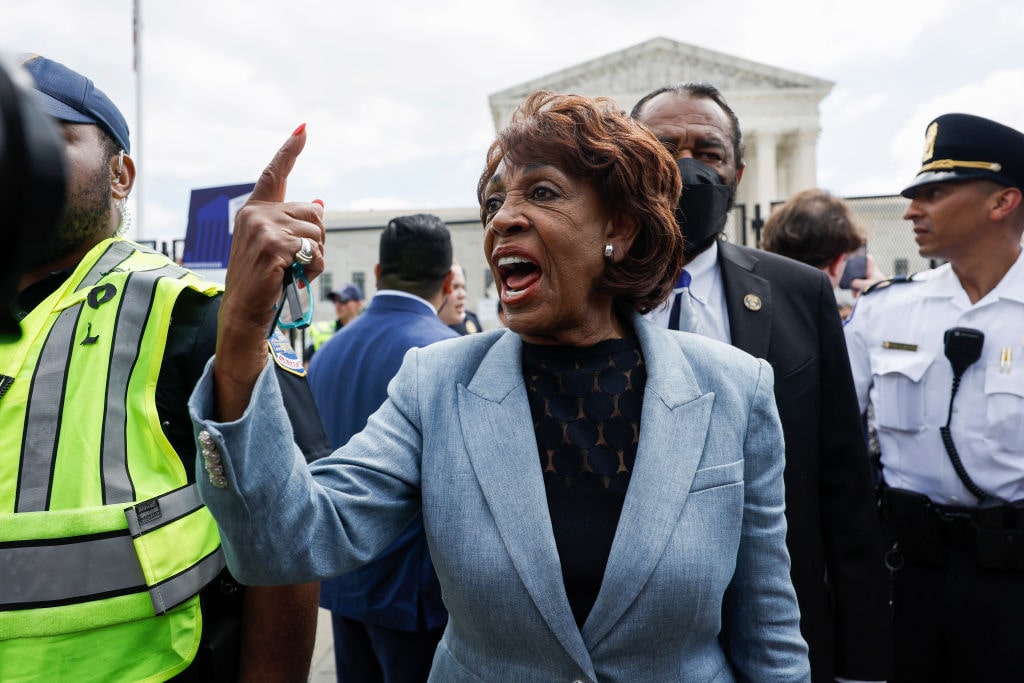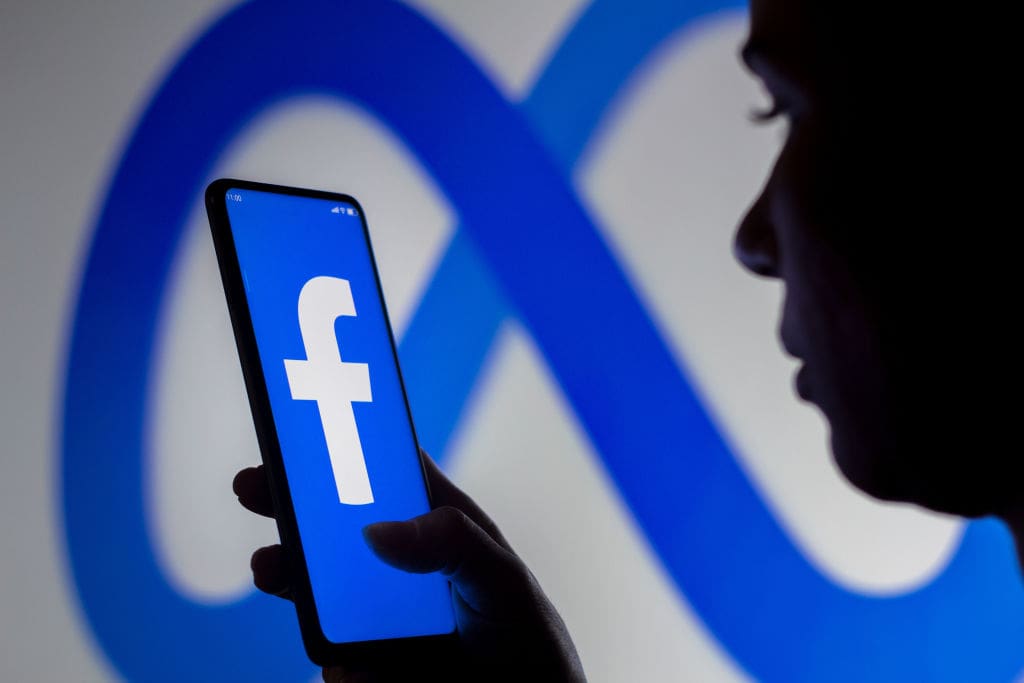Election day is coming, and that means it’s time once again to clamp down on free speech. Facebook recently announced that any news or statements regarding the coming elections will be vetted by a bevy of associated fact-checkers and that new political ads will be prohibited. The social media giant’s 2022 midterm strategy bears a striking resemblance to the 2020 plan: fact-checking and censorship.
The Midterm Strategy
Meta, the parent company of Facebook and Instagram, announced increased security measures ahead of the midterms, promising to remove misinformation about election dates, voting locations, voter eligibility, and election outcomes. Content that incites violence will also be taken down, as will harassment, hate speech, and ads that discourage voting or challenge the legitimacy of the results. Any election-related post will be labeled according to the findings of the fact-checkers, though the labels will become more targeted, according to the company.
In 2020 – the first year Facebook employed such election-time measures – the platform “displayed warnings on more than 150 million pieces of content” the fact-checkers took issue with and employed digital tools to block access to unwanted content like hate speech. But what did such content include – and what might count now in 2022?
A Look Back
Any new political or issue-based ads were banned from October 27, 2020, until after the elections – and that moratorium was extended as the results were called into question. Even in the months leading up to the big day, Donald Trump and other Republicans explained their concern that mail-in ballots were vulnerable and that a party willing to cheat could easily enough manufacture extras to tilt the scales in its direction. Liberty Nation’s Laura Valkovic asked in 2020 regarding the prohibition, “Is this a direct response to Trump and other Republican claims that widespread mail-in voting is vulnerable to corruption – and is the company reacting to political pressure?”
 Following an open letter to CEO Mark Zuckerberg from Jen O’Malley Dillon, Joe Biden’s campaign manager, Facebook banned ads that “delegitimized any lawful method or process of voting.” It seemed to many to be a push back against very worthwhile questions from the right. Fast forward to the summer of 2021, and one saw Facebook and the White House cooperating to flag “problematic” posts that spread “misinformation” about the pandemic and vaccinations – that is, anything that contradicted or even questioned the state-approved narrative.
Following an open letter to CEO Mark Zuckerberg from Jen O’Malley Dillon, Joe Biden’s campaign manager, Facebook banned ads that “delegitimized any lawful method or process of voting.” It seemed to many to be a push back against very worthwhile questions from the right. Fast forward to the summer of 2021, and one saw Facebook and the White House cooperating to flag “problematic” posts that spread “misinformation” about the pandemic and vaccinations – that is, anything that contradicted or even questioned the state-approved narrative.
A Fair Shake for All?
Facebook banned Donald Trump after claiming his words on January 6, 2021, incited violence in breach of the company’s community standards. And even if the former president declares his candidacy for 2024, the platform has said it wouldn’t rush a decision on whether to reinstate his account – much less guarantee that he would be allowed back at all.

(Photo by Anna Moneymaker/Getty Images)
In 2018, Rep. Maxine Waters (D-CA) delivered a call to action against the Trump administration that sure sounded a lot like inciting violence. “If you see anybody from that cabinet in a restaurant, in a department store, at a gasoline station, you get out and you create a crowd,” she proclaimed. “And you push back on them. Tell them they’re not welcome anymore, anywhere!” Later, in 2021, Rep. Waters demanded a guilty verdict for Derek Chauvin, the police officer who killed George Floyd – but she didn’t stop there. “I’m going to fight with all the people who stand for justice,” she said, should the trial not go her way. “We’ve got to stand on the street and we’ve got to get more active. We’ve got to get more confrontational.”
Waters’ statements over the last few years have been no less inciteful and violent than the former president’s, and yet she remains on Facebook. Still, even if he throws his hat in the ring again before November, the platform’s midterm strategy has no room for Donald Trump. Is that balanced?
Would other Republicans, conservatives, and non-progressives in general get a fair shake? To answer that, one need merely look back to the 2020 election and the entirety of the pandemic panic. Soon, the days will begin to grow cooler, pumpkin spice will fill the air, campaign signs will spring up on lawns and roadsides, and conservative social media users will find themselves in Facebook jail. Brace yourself; election day is coming.









